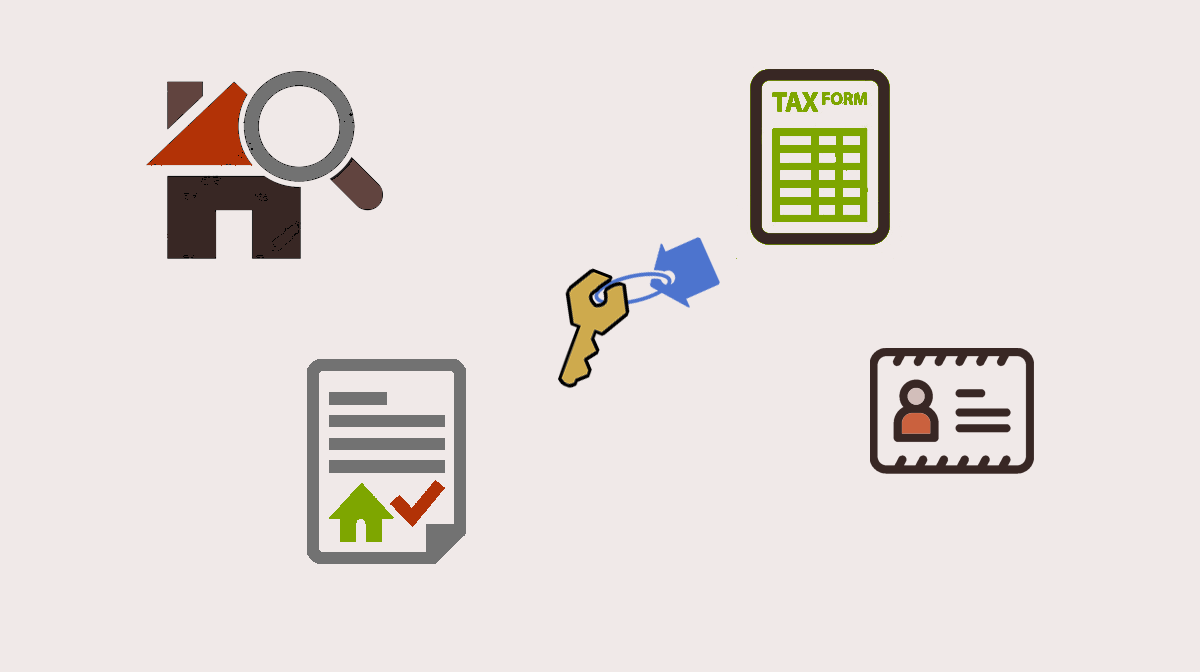There are a ton of flaws with the way landlords screen their tenants. Any number of companies have tried to fix matters, but I don't know that anything can really salvage the tenant background check system. I have no solutions, myself. RentConfident screens landlords, not tenants. However, I've worked for many landlords. I've screened thousands of tenants. It was my experience with screening tenants that led me to design a consistent, objective system for screening landlords. I'm here to tell you, the current state of tenant background checks is a completely and utterly broken, and I've got 10 solid points to back up that claim.
- Credit reports don't show rent payments. Landlords rely heavily on a tenant's credit report as an indicator of how reliably they'll pay their rent. The good renters will pay their rent before anything that appears on their report, meaning their reports will show them in the worst possible light. The worst renters will only pay off the debts that appear on the credit report so that they look good on paper, leaving things like rent for last.
- There isn't just one "credit score." There's at least 16 FICO variants, plus VantageScore. Beyond FICO there's over 400 consumer reporting agencies including Equifax, TransUnion, Experian and a ton of specialty scoring companies. If a landlord says they want a "650 or higher", they usually mean on the FICO 8, but that isn't always what they get. In fact, a lot of the budget credit reports offered as part of tenant screening packages don't include a score at all. I could say a lot more here about credit reports as they apply to tenant screening, but I covered a lot of it in an article at my old real estate blog.
- Landlords are not checking criminal history. Some landlords claim that they check criminal history. The closest you can come to an accurate criminal background check, including all arrests, incidents and other naughty stuff that you don't want happening in an apartment building, is to get RAP sheets from the last few states where an applicant has lived. However, RAP sheets aren't issued to landlords - the tenant would have to provide them. They also have a turnaround time of several weeks. Fat chance. The National Employment Law Project estimates that about 30% of working-age adults have criminal records. You don't see 30% of all renters getting turned down for their criminal history. It ain't happening.
- ... Even if they think they're checking criminal history, they're not checking criminal history. The next closest approximation to an accurate criminal background check requires querying multiple sources. You go to the courthouse and obtain court documents for any criminal lawsuits. You check with the department of corrections to see if they've ever been in a federal prison for a really egregious crime. You check the sex offense registry, which is the only public, national database of criminal activity. These three steps together make up the usual "criminal background check" that you pay for online. There are companies that offer this service as part of their screening packages. It takes 2-3 days, and the results are extremely vague and loaded with false positives. Given that most renters hear back about a rental application in a matter of hours, it's safe to say that this type of criminal screening also is not happening, no matter what landlords may claim in their marketing materials.
- Employment verification is a disaster. Many companies haved outsourced their Human Resources departments to third party companies that charge an arm and a leg for actual verifications. Other companies have very strict policies on not giving any sort of verifications. This means that most landlords are relying instead on paystubs or tax returns provided by the applicant as proof of employment, and yet they won't allow tenants to provide their own credit reports because of the risk of forgery.
- Internationals need not apply. Anyone without a social security number is excluded from standard screening. This includes people on student and work visas.
- No, they do not screen for terrorism. Following from the above, any landlord who says they screen for "terrorism" is lying. They probably check against a list called the "Specially Designated Nationals and Blocked Persons" list that is issued by the Office of Foreign Assets Control (OFAC). This is a list issued by the Treasury Department, home of the IRS. It consists of people who are not allowed to do business with the US government because of their known affiliation with hostile foreign interests. It is not a list of terrorists. It can only be searched by name, not social security number or birthdate, which means that people with common names may trigger a false positive match. Using this as a security check would be like calling your bank instead of 911 when you've been stabbed. A better list to check might be the "No Fly" list or the Terrorist Screening Database, both maintained by the Department of Homeland Security. However, both of these lists have been criticized for inaccuracy, and neither can be searched by civilians.
- Policy? What policy? Many landlords do not have a consistent list of criteria that they use to approve or deny tenants. Any reports that they order are lip service towards fair housing compliance. If they want to turn you down they will find a reason to do so, even if it means that they're holding you to a different standard than the next guy.
- Once and done. After moving in, renters are never re-evaluated. Most tenants are not going to tell their landlord when they lose a job or start selling drugs or eating small children. Tenants would probably balk at having to be screened annually, especially since they'd probably have to pay for it. Even if a landlord found a problem on a re-screening, it's not like they could easily get the tenant out of the apartment. However, every "problem tenant" was originally a good tenant when they moved in - at least once.
- It all may soon be obsolete, if not illegal. Using credit reports and criminal history as the sole means of screening renters may well be a violation of fair housing laws. Yes, they're designed to ensure compliance with fair housing, but clean credit and criminal histories are both largely the domain of wealthy white folks. There's definitely landlords out there who use 21st century tenant screening methods as codified, shiny versions of 19th century discrimination. Employment practice has already started moving away from the practice of rejecting applicants with low credit scores or criminal records. I think it's only a matter of time before the government cracks down on the credit & criminal report style of tenant screening as well.
Tenant screening methods have been adapted by landlords who see how banks, mortgage brokers and insurance companies assess consumers for risk and want to have access to similar predictive power. However, your average landlord does not have the clout of a Chase Bank or Allstate Insurance. They've had to cobble together the data that's available to citizens, dress it up to make it look like it's complying with fair housing laws, and pretend that it has some sort of correlation with how a tenant will behave once they've moved in.
The real impact of screening procedures is psychological. Tenants who know they look bad on paper will be discouraged from applying for apartments that advertise intensive screening procedures. Tenants who are concerned about living in a squeaky clean environment will be attracted to apartments that are tough on the screening. The result may well be that fewer bad tenants wind up living in the building, but it's a result of self-selection and marketing more than the actual content of the screening reports.
RentConfident is a Chicago startup that provides renters with the in-depth information they need to choose safe apartments. Help us reach more renters! Like, Share and Retweet us!






